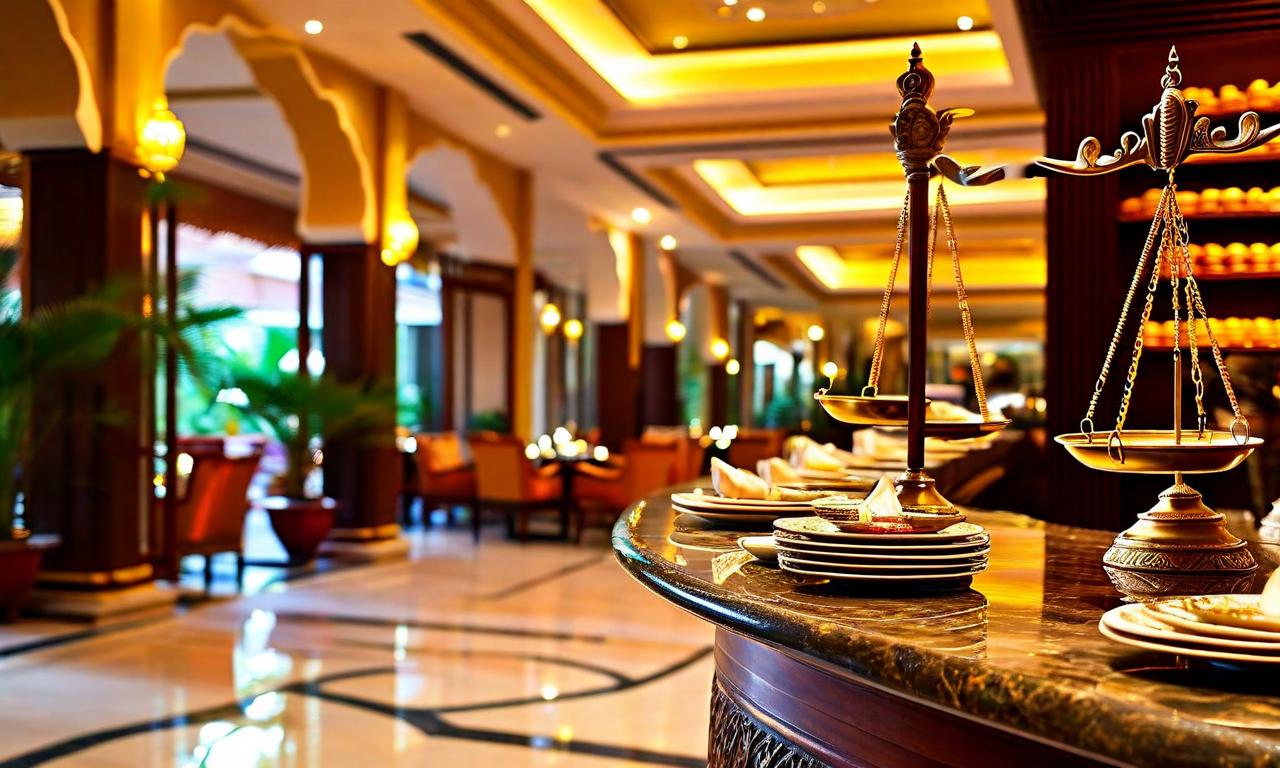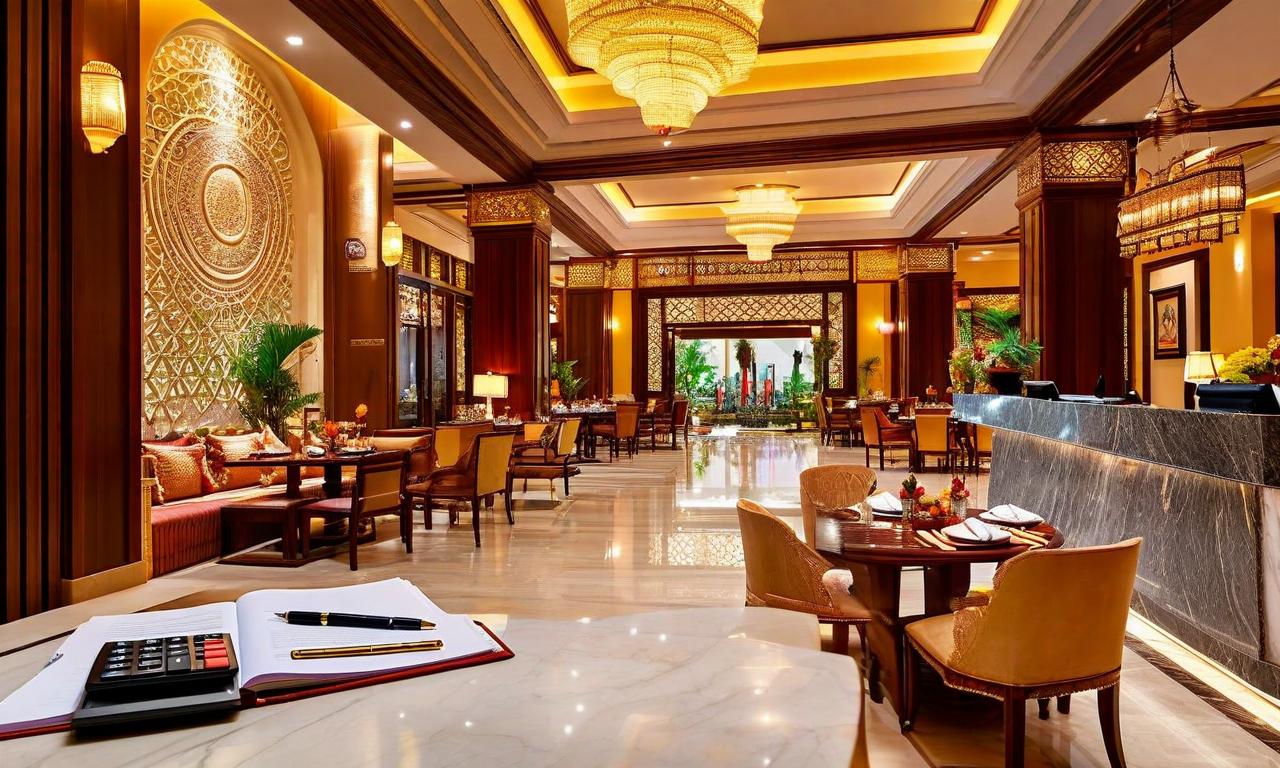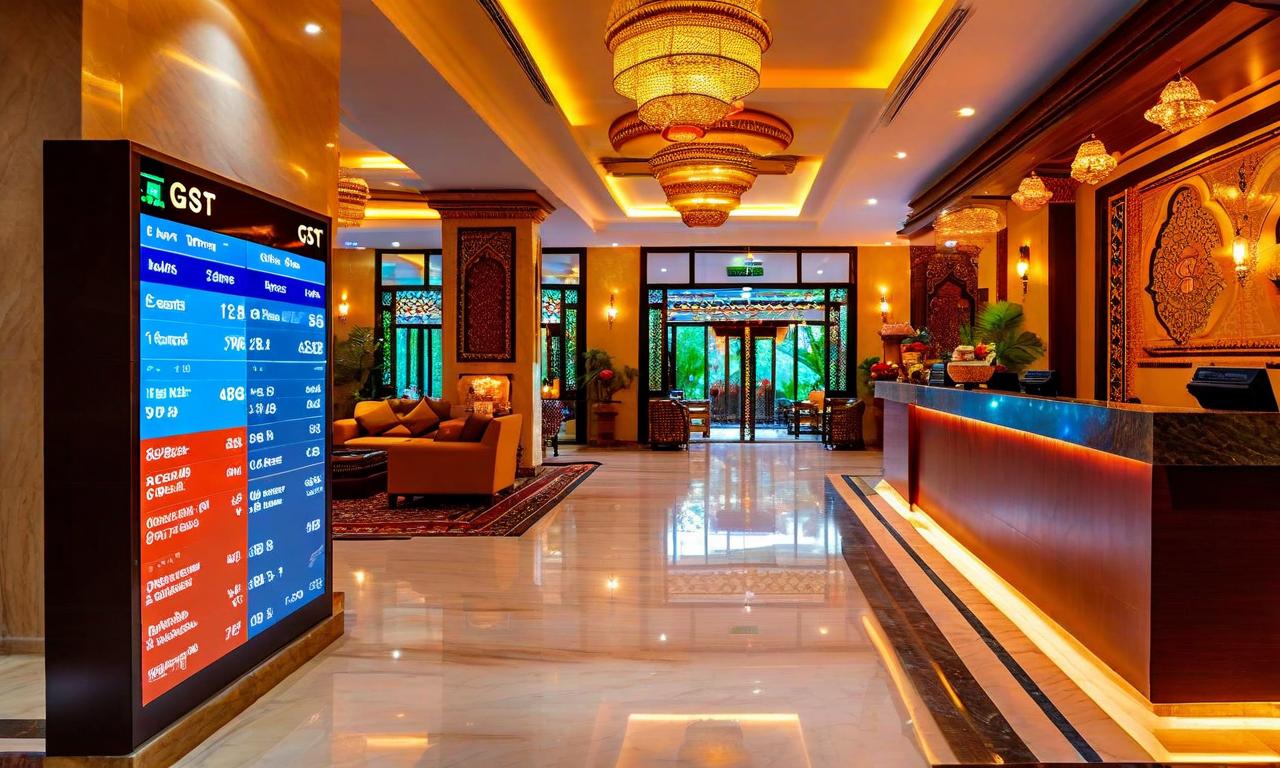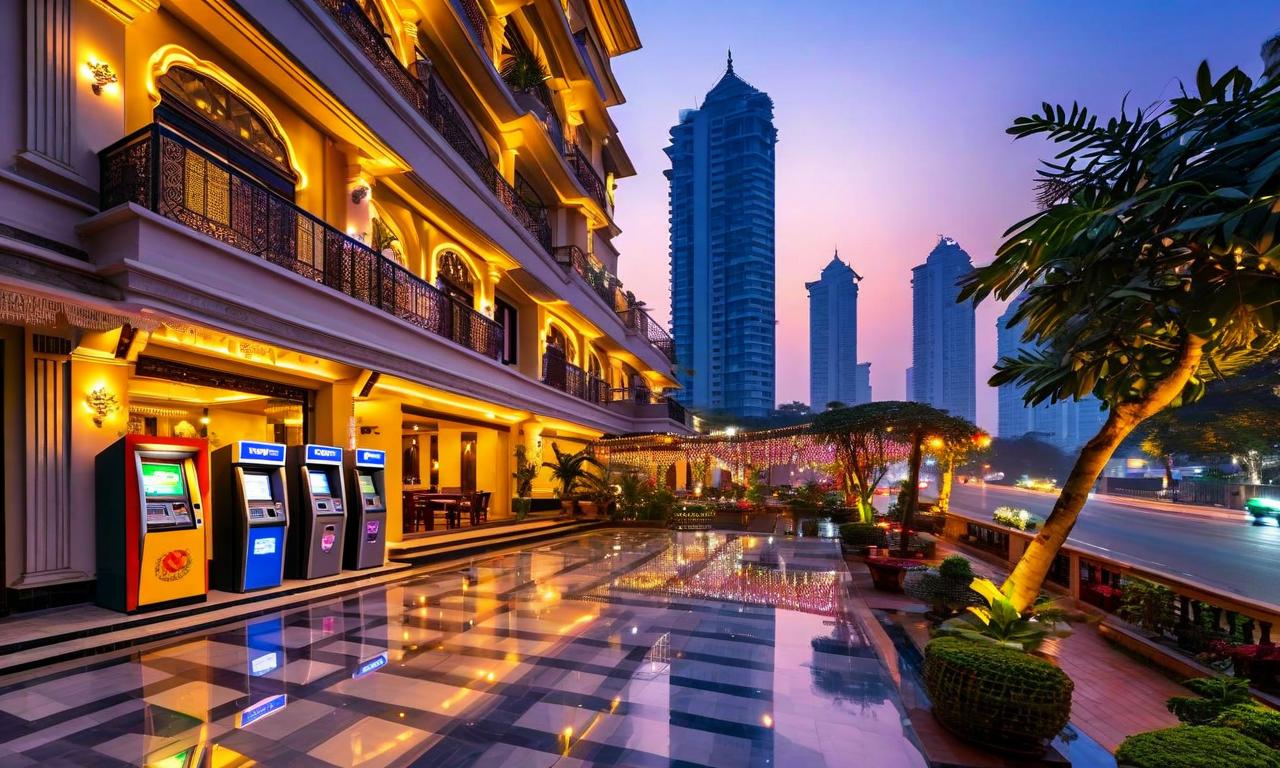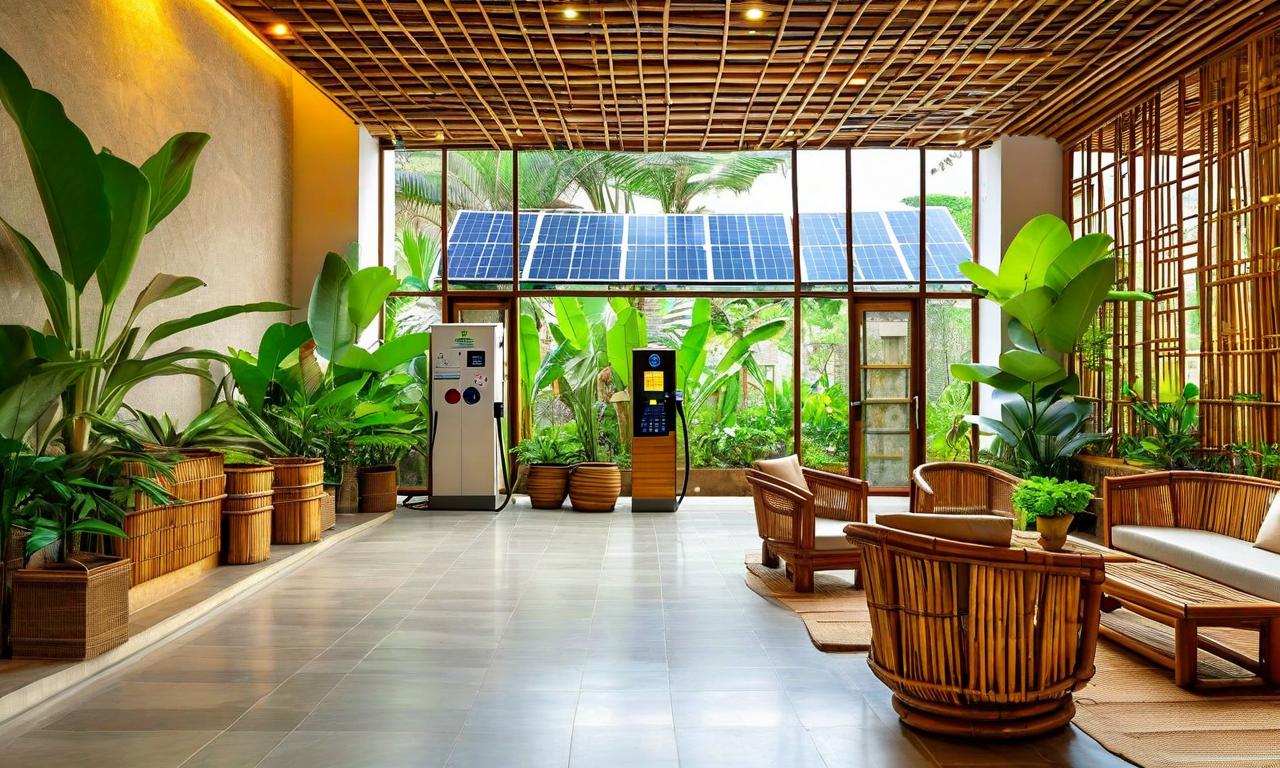Indian Households Boost Holiday Spending Through Credit Access and Loyalty Programs
The Indian hospitality industry is experiencing significant growth, primarily driven by domestic tourism. Consumer spending patterns have shifted, with up to 50% of discretionary income now allocated to travel. This trend is supported by expanded credit access, loyalty programs, business travel recovery, and GST rationalization. The shift reflects India's transition to a more consumption-based economy, particularly among younger demographics who prioritize experiential spending.
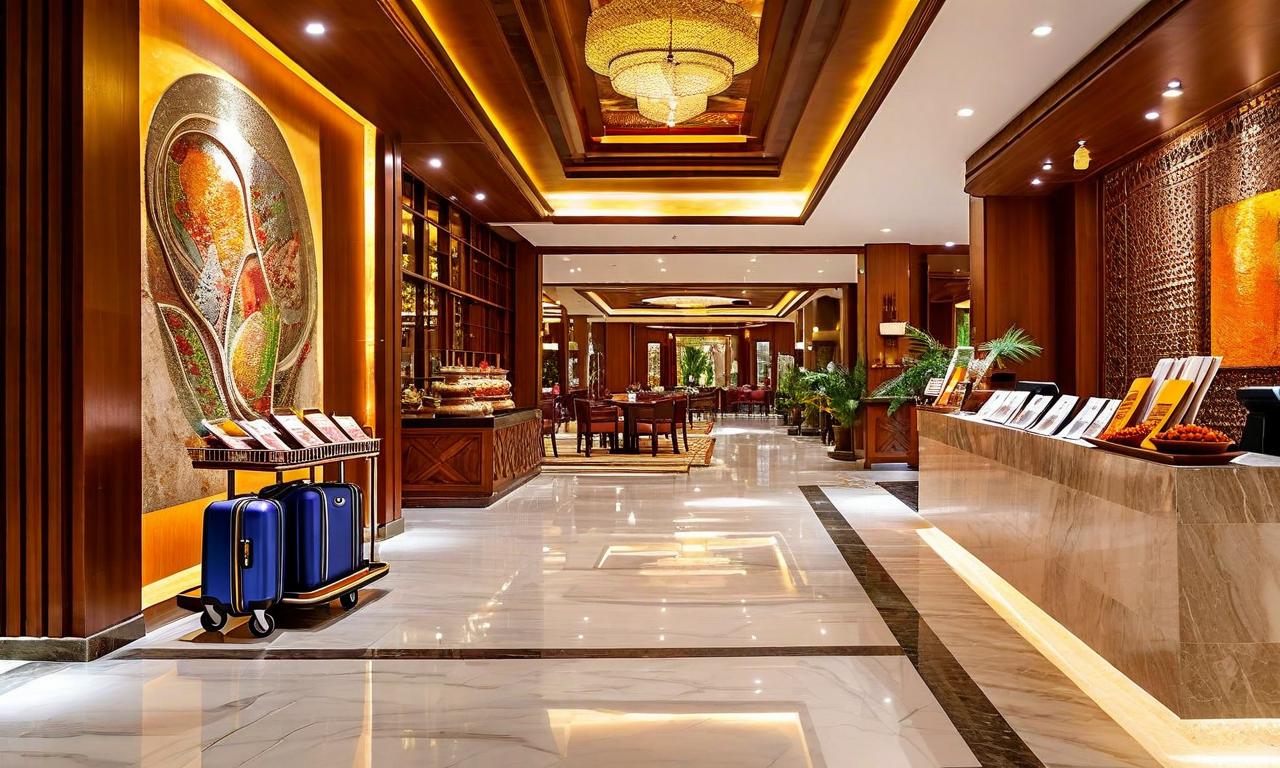
*this image is generated using AI for illustrative purposes only.
The Indian hospitality sector is experiencing a significant upturn, driven by a shift in consumer spending habits and enhanced credit accessibility. This trend reflects a broader transition in the Indian economy from savings-centric to consumption-oriented, particularly in the travel and tourism industry.
Domestic Tourism Drives Growth
According to Vikram Puri, Managing Director of Archer Hospitality, the hospitality industry has seen its most successful three-year period, primarily fueled by domestic tourists. This growth comes despite international arrivals not yet reaching pre-pandemic levels, highlighting the robust domestic demand.
Changing Spending Patterns
Industry estimates suggest a substantial shift in discretionary income allocation:
| Category | Percentage of Discretionary Income |
|---|---|
| Travel | Up to 50% |
This significant portion dedicated to travel and holidays represents a major change in consumer behavior, particularly among younger earners.
Factors Driving the Trend
Several factors are contributing to this surge in holiday spending:
Expanded Credit Access: Younger consumers are increasingly utilizing EMI (Equated Monthly Installment) options for purchases, including travel.
Loyalty Programs: Credit card ecosystems and loyalty programs are enabling consumers to convert daily expenses into subsidized accommodations and flights.
Business Travel Recovery: The revival of business travel, corporate events, and weddings is boosting short hotel stays.
GST Rationalization: Recent changes in GST (Goods and Services Tax) on hotel rooms may further stimulate demand by reducing costs.
Economic Implications
This shift in spending patterns signals India's transition towards a more consumption-based economy. It reflects changing attitudes towards discretionary spending, particularly among younger demographics who are more inclined to invest in experiences like travel.
Future Outlook
While the current trend is positive for the hospitality sector, industry experts like Vikram Puri suggest that further simplification of regulations could enhance India's global competitiveness. This could potentially support the recovery of inbound tourism, which has not yet reached pre-pandemic levels.
The hospitality industry's growth trajectory appears strong, backed by domestic demand. However, the sustainability of this trend will depend on various factors, including economic conditions, consumer confidence, and the eventual recovery of international tourism.
As Indian households continue to prioritize travel in their spending, the hospitality sector stands to benefit, potentially driving further innovations in credit products, loyalty programs, and travel services tailored to the evolving needs of Indian consumers.
